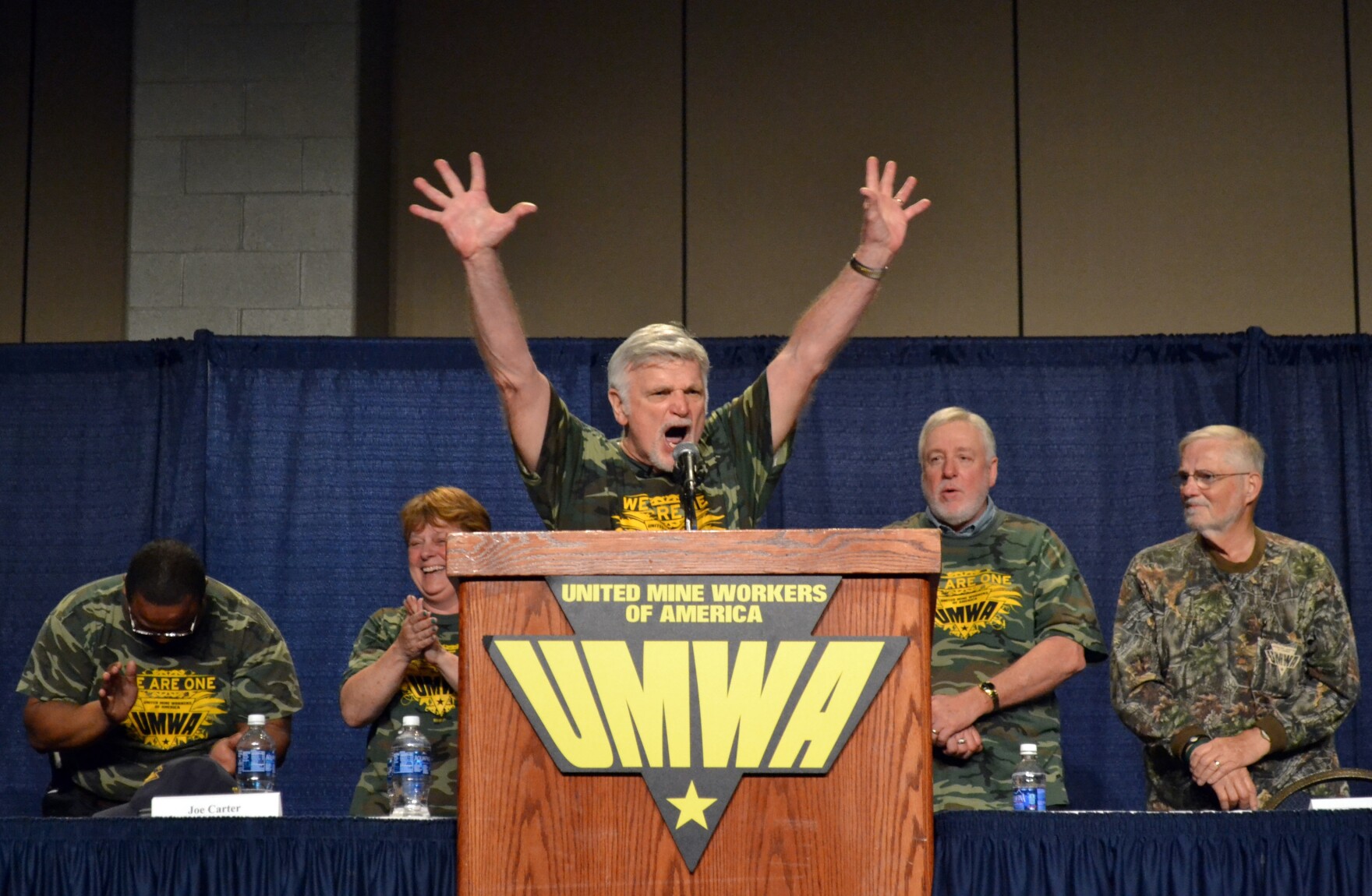Tax season is a time that some Americans plan and save for all year. But it’s not always as easy as filling out paperwork before starting work. For independent workers or small business owners in southern West Virginia, it’s one of the most challenging parts of the job.
Nationally, ninety-four percent of the net job growth from 2005 – 2015 was in alternative job markets. With the downturn in the coal industry, some West Virginians are being forced to look to alternative income sources.
A recent report found and documented the challenges that come with being an independent worker in five southern West Virginia counties.
The study was part of the Benefits U project and meant to help better understand the challenges of independent workers in southern West Virginia and test a solution.
Diane L. Browning, project manager for WISER’s Rural Retirement Project, helped to interview independent workers in southern West Virginia.
“There is a widespread need for benefits,” Browning said. “Benefits are an economic stabilizer for a lot of people, (who are) self employed, (they) don’t have easy access to that.”
The study found that independent workers needed help with three main areas of benefits; taxes, emergency savings and retirement savings.
“Unlike employees, their taxes aren’t withdrawn. When they make income, they’re obligated to calculate the amount of taxes they owe and set it aside,” Browning said. “And really, most people just come to terms with that at tax time and find that they owe money.”
The counties surveyed in the report include Boone, Logan, McDowell, Wyoming and Mingo because they have been adversely affected by the downturn in the coal industry. The program was supported by a grant from the Appalachian Regional Commission’s POWER (Partnerships for Opportunity and Workforce and Economic Revitalization) initiative.
The report is part of the Women’s Institute for a Secure Retirement, or WISER, and the Rural Retirement Project. The Benefits U project focuses on independent workers including freelancers, hairdressers, childcare providers, tattoo artists, gig workers, small business owners, entrepreneurs and more.
“They feel like they don’t have much money to save when they have trouble making ends meet,” Browning said. “If someone doesn’t have enough money to get the new tire on their car, they’re going to be tapping into their retirement savings.”
Throughout the region, Browning heard stories from West Virginians who had found a way to provide for their family through side jobs, entrepreneurship and service providers but needed help to provide benefits on their own.
“I mean really (the stories) broke my heart, like a guy that had overcome a drug problem, but he really had a hard time getting a job,” Browning said. “So he was doing landscaping on his own and taking care of his four year-old daughter living with his mother.”
Though broadband connectivity or wifi is still inconsistent, financial technology could be a solution because most residents are familiar with online banking and have access to technology.
“I guess the happiest surprise was just how wired we are. And even in the back hill and holler, people have asked for access to smartphones,” Browning said. “And they’re pretty sophisticated about using them. So there’s a lot of opportunity for delivering good services via financial technology.”
The Benefits U project also tested a “FinTech,” or financial technology, solution called Catch. It’s a company that basically does the math for independent workers using a formula that the worker sets up with a smartphone or computer. As the website says, the worker selects benefits, links to a bank, and determines the percentage of each paycheck to set aside.
“One of the messages we heard from in this research is that people really rely on trusted messengers, trusted people in their family, their friends, their co-workers for financial information,” Browning said. “So we are going to promote this financial technology platform with independent workers through organizations that serve them.”
The Women’s Institute for a Secure Retirement is helping to raise awareness about Catch within the independent worker community across the state beginning this week, by turning to trusted resource centers in communities across the state. WISER is first partnering with Mountain Heart, a childcare agency, to help spread the word about this platform. The organization also plans to partner with farmers and tech groups such as Central App, a tech training firm.
